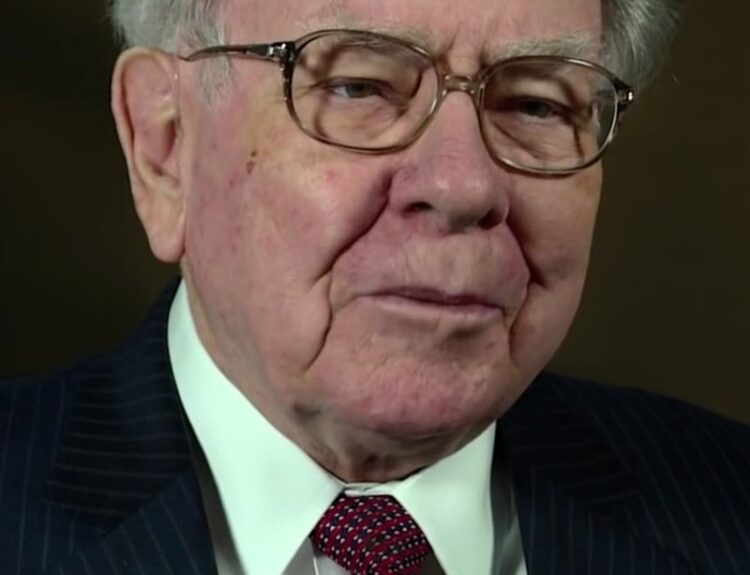Dispute with the U.K. government leaves donation in limbo
- Roman Abramovich pledged $3 billion for Ukraine war victims
- Funds from the sale of Chelsea FC are frozen in a U.K. bank account
- Dispute between Abramovich and the British government over how the money should be spent
Russian oligarch Roman Abramovich pledged $3 billion to help the victims of the war in Ukraine by selling his soccer club Chelsea FC. However, the funds are currently frozen in a U.K. bank account due to a dispute with the British government. Abramovich’s donation, intended to provide relief to those affected by the conflict, has been caught in a long-running disagreement over how the money should be spent. This situation leaves the much-needed funds in limbo, delaying assistance to the war-torn region.
Public Companies: Chelsea FC (N/A)
Private Companies: undefined
Key People: Roman Abramovich (Russian oligarch), Vladimir Putin (Russian leader)
Factuality Level: 7
Justification: The article provides specific information about Roman Abramovich’s intention to sell Chelsea FC and donate the proceeds to the victims of the war in Ukraine. It also mentions the frozen funds in a U.K. bank account due to a dispute with the British government. However, the article lacks additional details and context about the situation, such as the reasons for the dispute and the current status of the funds.
Noise Level: 7
Justification: The article provides some relevant information about Roman Abramovich’s donation and the dispute with the British government. However, it lacks in-depth analysis, evidence, and actionable insights. It also does not explore the consequences of Abramovich’s ties to Putin or hold him accountable for his actions.
Financial Relevance: Yes
Financial Markets Impacted: No
Presence of Extreme Event: No
Nature of Extreme Event: No
Impact Rating of the Extreme Event: No
Justification: The article pertains to financial topics as it discusses the frozen $3 billion donation by Russian oligarch Roman Abramovich and the dispute with the British government over how the money should be spent.
 www.wsj.com
www.wsj.com 




